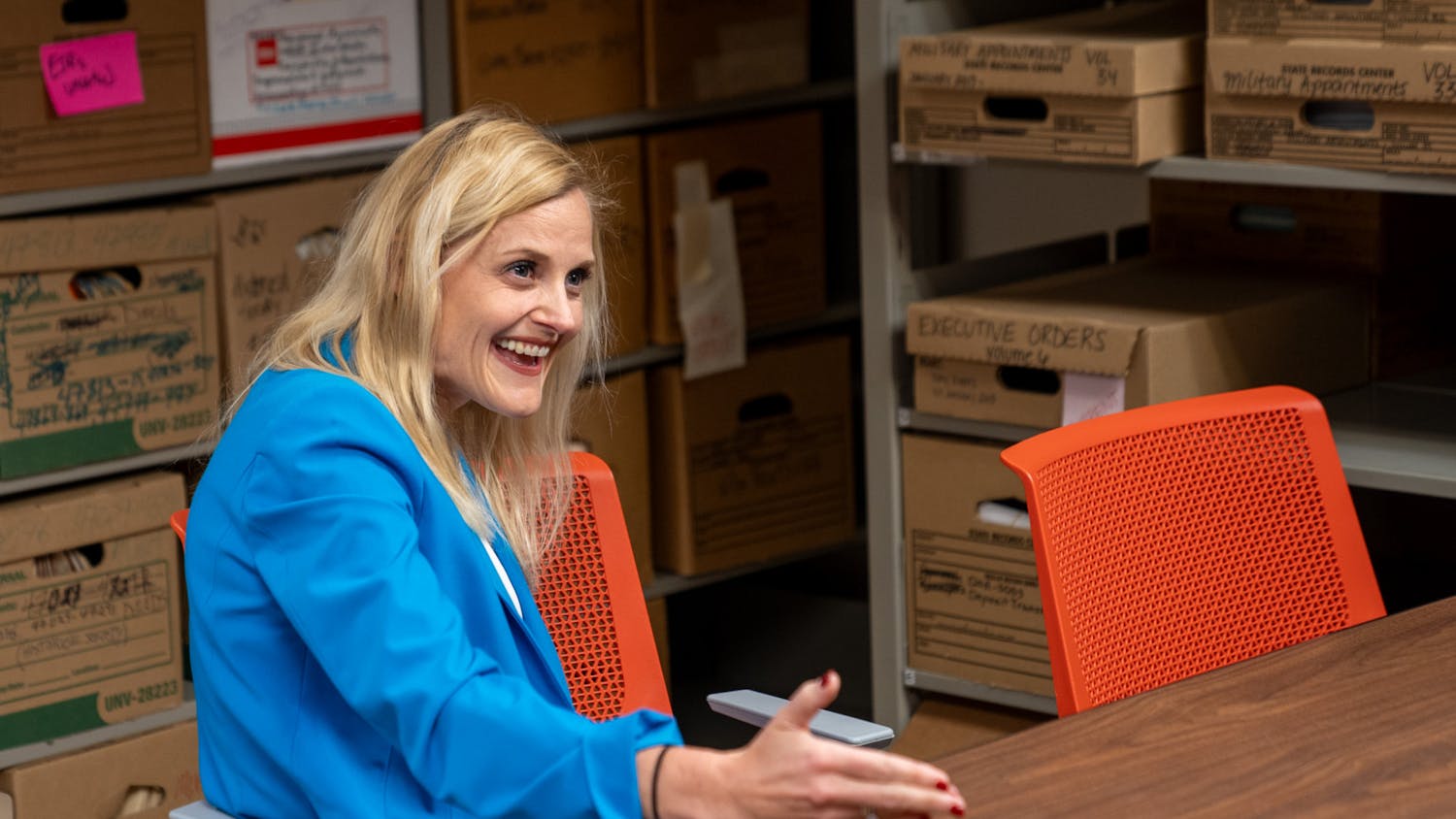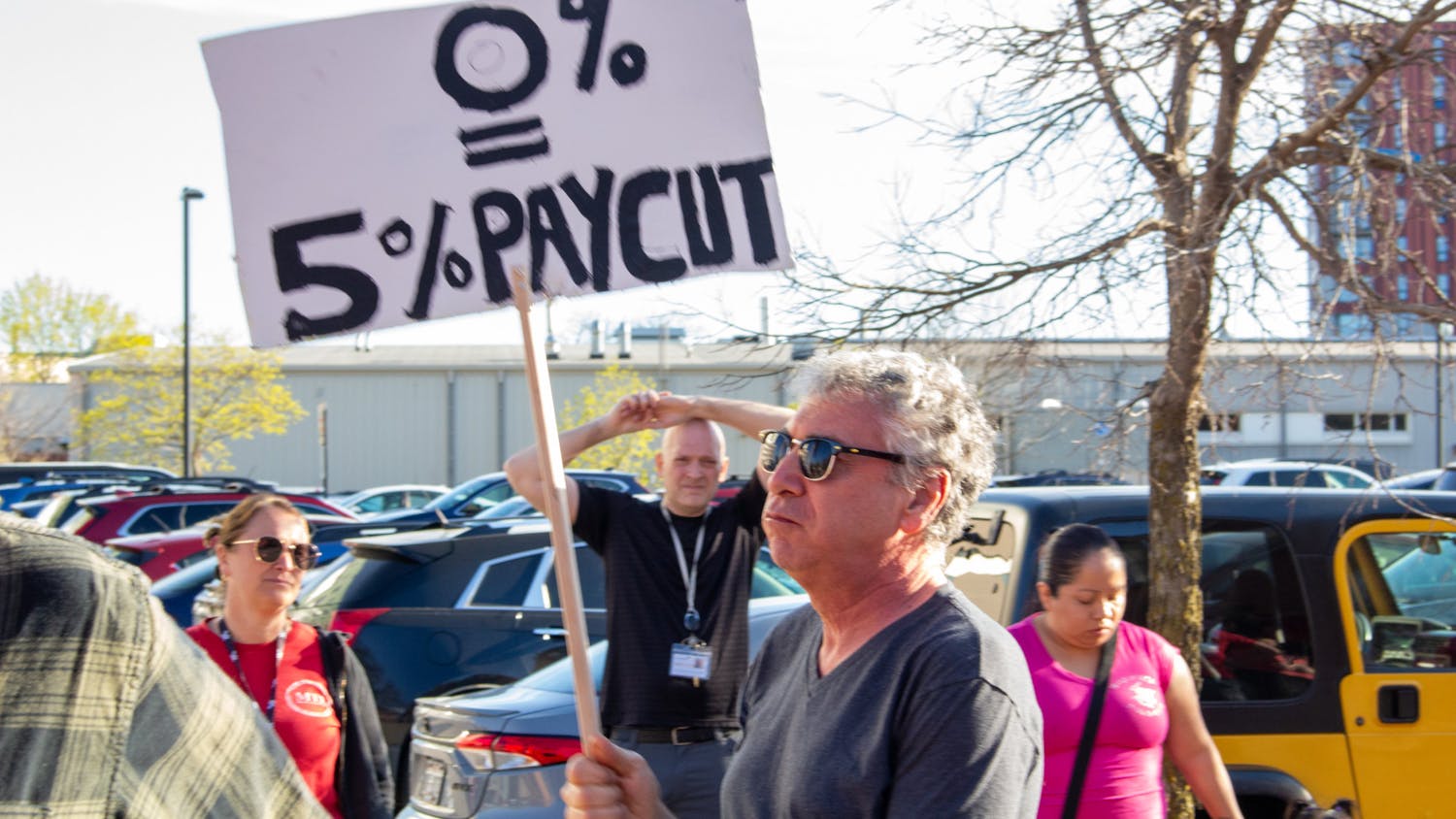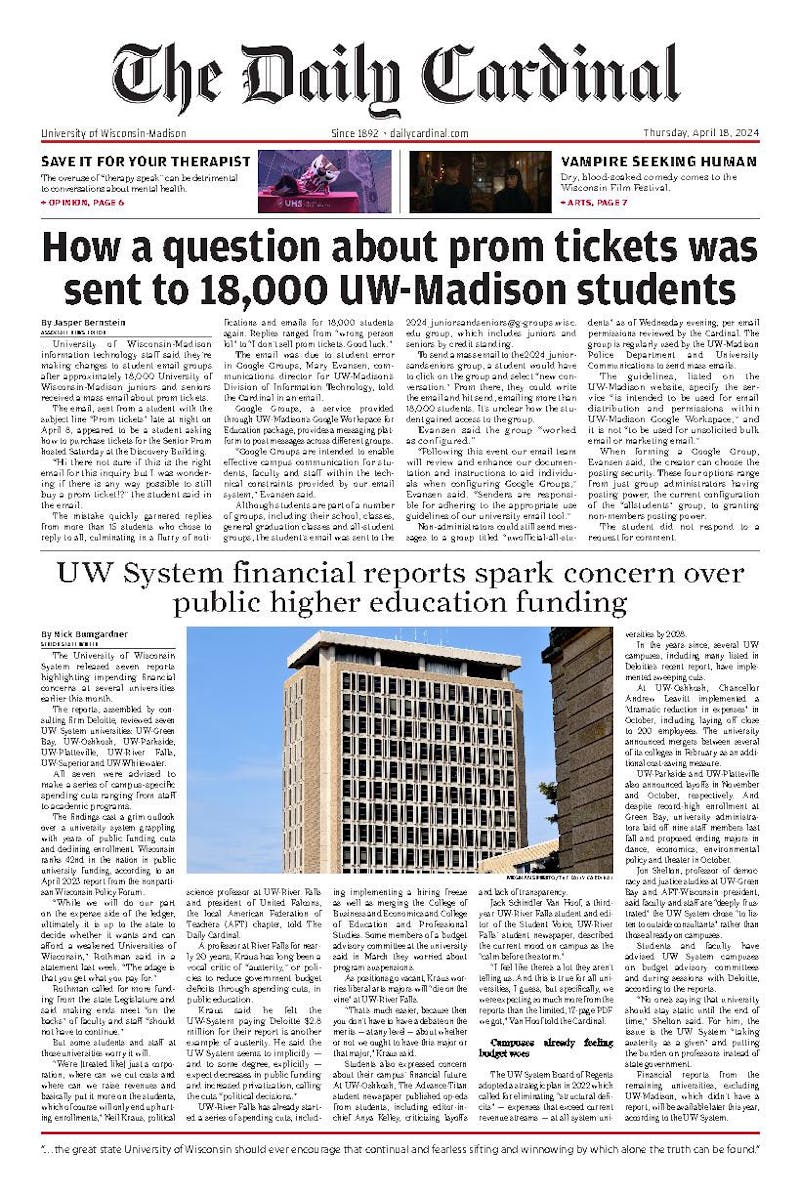It’s not exactly a state secret that Madison is politically liberal.
Famously derided by Republican Governor Lee Sherman Dreyfus as “30 square miles surrounded by reality,” the city and its college campus are notorious bastions of liberalism in a state which swings between political parties.
At first glance, voting data from the UW-Madison campus seem to unquestionably support Dreyfus’ quip; no Republican has garnered more than 30 percent of the vote in campus precincts since 2000 and in most elections the campus was even more liberal than the city of Madison as a whole.
2014 marked a significant shift, however.
Although the UW-Madison campus overwhelmingly supported Democrat Mary Burke, incumbent Gov. Scott Walker garnered a historically high percent of the vote from students.
Despite garnering identical vote totals statewide as he did in the 2010 election, Walker did 11 points better in campus wards than in his first election, garnering 30 percent of the vote in 2014 compared with 19 percent four years prior.
In addition, three of the campus area wards were among Walker’s best city-wide.
Walker nearly drew Burke to a tie in Ward 56, which includes the Sellery and Witte dorms. He also received 48 percent of the vote in Ward 54, which includes Ogg Hall, 42 percent in Ward 55, which includes the Spring Street area of campus, and 40 percent in Ward 59, which includes the Lakeshore dorms.
All in all, Walker did 10 points better in campus precincts than the city of Madison as a whole.
Charlie Hoffmann, president of UW-Madison College Republicans at the time, said that the result was a concerted effort on the part of his club to bring out more conservative voters.
“It didn’t happen by accident,” Hoffmann said, who stated the group targeted campus precincts and tried to underscore for student voters how they thought Walker would benefit them.
Hoffmann also credited the candidate himself for making an effort to reach out to college voters.
“Sometimes Republican candidates don’t make an effort to reach out to college students,” Hoffmann said, using 2012 presidential candidate Mitt Romney as an example. “You want to vote on things you care about and the tuition freeze [at UW-System schools] was the biggest talking point we’ve had for a long time.”
UW-Madison political science professor Barry Burden said that multiple factors, including a growing gravitation of young people nationally towards conservative politics, could also have influenced Walker’s performance in 2014.
“Nationwide surveys show that younger voters [18 or 19-year-olds] are trending more towards the Republican party, compared with 21, 22, 23-year olds who are more Democratic,” Burden said. “I wouldn’t be surprised if the trend in Madison mimicked the nationwide one.”
Burden also noted that momentum was bound to shift after historically high youth turnout to vote for President Barack Obama in 2008 and 2012.
“Young people in 2008 and 2012 had such high support and it would be hard to replicate that,” Burden said.
Perhaps unsurprisingly, that trend was borne out on the UW-Madison campus as a whole.
In 2008, Obama actually outperformed his city-wide numbers on campus, receiving over 83 percent of the vote. In one campus-area precinct, Ward 55, Arizona Senator John McCain received only 5 votes.
In 2012, Obama’s Republican challenger Mitt Romney did marginally better on campus but still lost these areas in a landslide. Despite beating his city-wide vote total by five points, Romney barely garnered 25 percent of the vote in campus precincts.
The question becomes whether conservative groups will continue their progress in 2016 or if their relative gains will be swept away in a tidal wave of presidential election fervor from Democrats.
Hoffmann said that barring business mogul Donald Trump securing the Republican nomination, conservative groups on campus can continue their progress.
“Students aren’t nearly as liberal and progressive as people think,” he said.
Burden said that underclassmen who couldn’t vote in the 2012 election will play a major role in determining what the electoral makeup of campus looks like in November.
Research, Burden said, has suggested that the first election for a voter leaves a lasting legacy.
“With freshman and sophomores it will be interesting to see what happens,” Burden said. “This election will certainly leave an impact on them.





